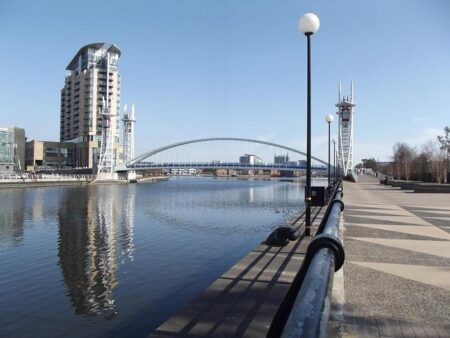The PGA Tour season opener, a highly anticipated event on the professional golf calendar, has been forced to relocate due to the ongoing severe drought conditions in Maui. Organizers announced that environmental concerns and water restrictions in the region made it untenable to host the tournament as scheduled. The decision marks a significant shift for the tour, highlighting the growing impact of climate-related challenges on major sporting events.
PGA Tour Season Opener Relocates Amidst Worsening Maui Drought Crisis
The PGA Tour has officially announced a significant relocation of its season opener, originally set to take place in Maui. The decision comes as the island grapples with an intensifying drought that has severely impacted local water resources and agricultural stability. Tournament organizers emphasized their commitment to environmental responsibility, citing the unsustainable strain that hosting the event would place on the already dwindling water supplies. Fans and players alike will now have to adjust as the opener shifts to a greener, more water-secure venue on the mainland.
Key factors influencing this move include:
- Severity of the drought: Maui is experiencing one of the driest seasons in decades, threatening vital habitats and communities.
- Water usage concerns: Golf courses require extensive irrigation, a luxury the island currently cannot afford.
- Community impact: Local officials advocated for conserving resources amid emergency restrictions.
Below is a quick comparison of the affected locations in terms of average annual rainfall and water supply sustainability:
| Location | Average Annual Rainfall (inches) | Water Supply Status |
|---|---|---|
| Maui | 20 | Critical |
| Mainland Venue | 45 | Stable |
Addressing Water Scarcity in Golf Events Experts Recommend Sustainable Course Management and Alternative Venues
Golf course managers and environmental experts are urging the industry to adopt innovative practices aimed at conserving water amidst growing drought crises like the one currently impacting Maui. Prioritizing sustainable irrigation techniques, including the use of drought-resistant grass species and advanced moisture sensors, is becoming essential. These technologies not only reduce excessive water use but also help maintain optimal playing conditions without compromising course quality. Industry leaders also highlight the importance of rainwater harvesting and utilizing recycled water to reduce dependency on local freshwater sources.
Alongside sustainable course management, a shift toward alternative venues less vulnerable to water scarcity is gaining traction. Utilizing inland and cooler climate locations, where water stress is minimal, can ensure event continuity while protecting fragile ecosystems. Below is a quick comparison of traditional versus alternative venues in terms of water usage and environmental impact:
| Venue Type | Average Water Consumption (gallons/year) | Environmental Impact |
|---|---|---|
| Coastal Golf Courses | 50 million | High – Overuse of freshwater, ecosystem stress |
| Inland Sustainable Courses | 20 million | Moderate – Efficient water use, reduced runoff |
| Desert-Adapted Courses | 15 million | Low – Use of drought-resistant turf, minimal irrigation |
Closing Remarks
As the PGA Tour adapts to the challenges posed by the severe drought in Maui, the decision to relocate the season opener underscores the growing impact of environmental issues on major sporting events. Organizers and players alike remain committed to delivering a competitive and memorable tournament despite the change in venue. Moving forward, the situation in Maui serves as a reminder of the urgent need for sustainable practices to safeguard not only the sport but also the communities and ecosystems that host it.








